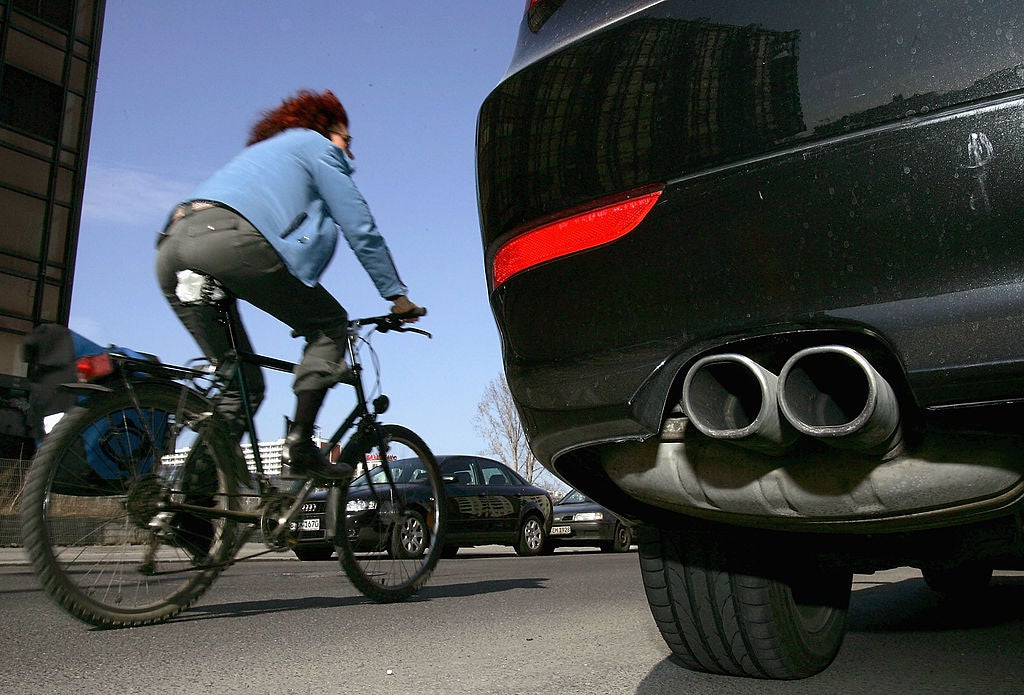
Germany, France, Italy and Spain account for half (52%) of road emissions generated by the transport sector in Europe, according to figures from the European Environment Agency, which covers EU members and a handful of other countries such as Turkey and Switzerland.
Germany expelled 157,707 gigagrams (gg) of CO2 equivalent into the air in 2019 from road transport, followed by France at 124,795gg of CO2 and Italy at 96,866gg.

Discover B2B Marketing That Performs
Combine business intelligence and editorial excellence to reach engaged professionals across 36 leading media platforms.
Luxembourg, which has comparatively lower overall transport emissions at 6,020gg of CO2 equivalent, is nevertheless the largest emitter by far when adjusted for population.
The tiny European country emitted an average of 9,711kg of CO2 per person in 2018 just in the transport sector, about three and a half times the emissions of Slovenia, the second country on the list.

US Tariffs are shifting - will you react or anticipate?
Don’t let policy changes catch you off guard. Stay proactive with real-time data and expert analysis.
By GlobalDataAn Ecologic Institute report found that more than half of Luxembourg’s overall emissions come from its transport sector, the result of very low excise duties on fuels.
Transport emissions have significantly increased in the past 20 years. Turkey and Poland in particular have more than tripled the amount of CO2 produced by their transport sectors from 1990 to 2018.
Sweden, Germany, Finland, Estonia and Liechtenstein are the only countries in the EU that have managed to reduce emissions – and then only by a small percentage.
Sweden has encouraged the electrification of its fleet with a “charge at home” grant for personal electric vehicle charging stations. Finland has seen emissions drop by a small margin, despite an increase in the volume of traffic, thanks, in part, to cleaner fuels.





